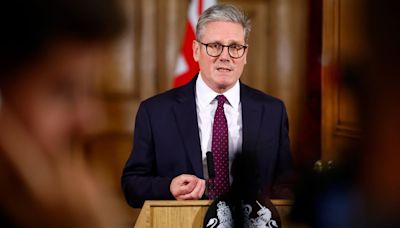Search results
British Cyprus was the island of Cyprus under British rule from 1878 to 1960, after being part of the Ottoman Empire. Learn about the formation, annexation, independence, and legacy of British Cyprus, as well as its flag, currency, and notable residents.
Akrotiri and Dhekelia are British Overseas Territories on Cyprus, retained by the UK under the 1960 treaty of independence. They host military bases, signals intelligence facilities and refugee camps, and are strategically located near the Middle East.
Cyprus was part of the British Empire under military occupation from 1914 to 1925 and a Crown colony from 1925 to 1960. Cyprus's status as a protectorate of the British Empire ended in 1914 when the Ottoman Empire declared war against the Triple Entente powers, which included Great Britain.
Learn how Cyprus became a British colony in 1878 and how the Greek Cypriots fought for union with Greece (Enosis) against British rule. Discover how the Turkish invasion in 1974 led to the division of the island between Turkish Northern Cyprus and the Greek Cypriot Republic of Cyprus.
British Cyprus (Greek: Βρετανική Κύπρος; Turkish: Britanya Kıbrısı) was the island of Cyprus under the dominion of the British Empire, administered sequentially from 1878 to 1914 as a British protectorate, from 1914 to 1925 as a unilaterally annexed military occupation, and from 1925 to 1960 as a Crown colony.
Learn about the British military role in Cyprus from 1954 to 2017, including the Greek-Cypriot revolt, the peacekeeping missions and the division of the island. Explore objects, maps and testimonies from the National Army Museum collection.
Cyprus became independent after a guerrilla war against British rule. Archbishop Makarios was the first president 1914 - Cyprus annexed by Britain after more than 300 years of Ottoman rule.
4 days ago · Learn about the history, geography, and culture of Cyprus, a Mediterranean island with a rich and diverse heritage. Explore its ancient civilizations, conflicts, independence, and modern challenges.
A historical overview of British policy in Cyprus from 1945 to 1960, when the island gained independence after a violent struggle for union with Greece. The paper examines the role of external and internal factors, such as the Second World War, the Cold War, the Archbishop Makarios and the E.O.K.A. revolt.
The British administration in Cyprus could not forbid it but only raise some barriers. Reports from the London Metropolitan Police regarding the poor and humble life of Cypriots in the capital of the Empire, along with racist British perceptions, saw British officials in Cyprus seek to restrain and discourage that wave of immigration.






